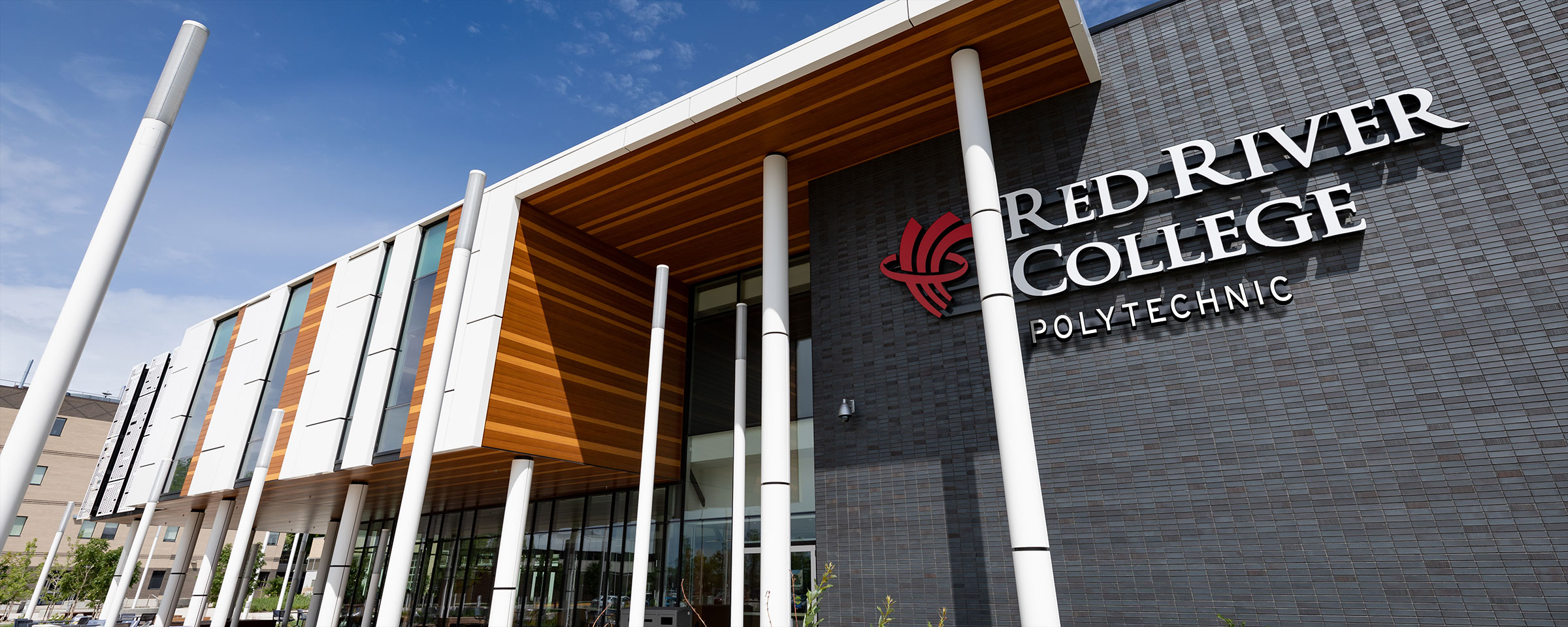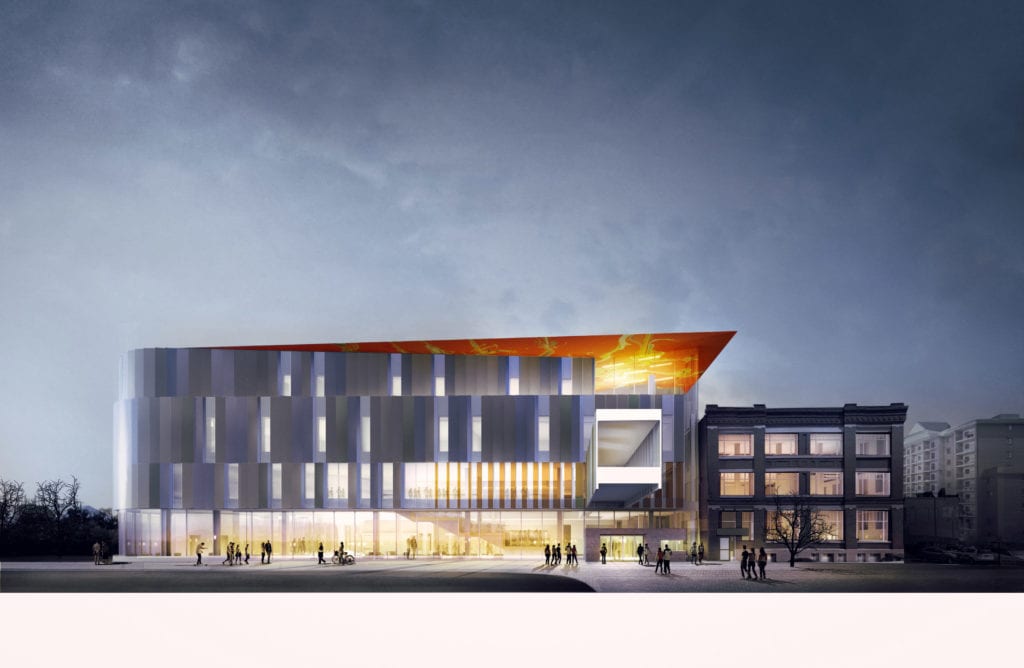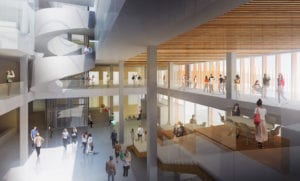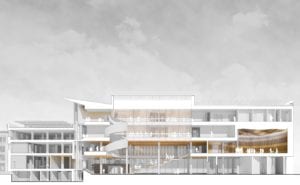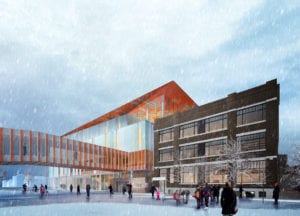Red River College and Indspire announce new bursaries to support Indigenous Students
New bursaries will be available for new Indigenous programs at RRC and students are encouraged to attend today’s open house to learn more and apply.
Today, as part of Red River College’s (RRC) first Indigenous Education Open House, RRC and Indspire, announced “The Red River College School of Indigenous Education Award,” that will provide financial support for up to 85 Indigenous students enrolled in one of RRC’s newest Indigenous academic programs that are being launched this fall.
“Red River College is working to create a seamless flow of wrap-around supports for aspiring Indigenous students that will help increase enrolment and graduation rates across the College, and these bursaries will help remove the existing financial barriers that many of our learners’ face,” said Rebecca Chartrand, RRC Executive Director, Indigenous Strategy
“We are proud to partner with Indspire, a leading national Indigenous charity, who recognizes the important work we are doing as a College and has made an investment in a bright future for Indigenous students in our community.”
This, first-of-its-kind Building Brighter Futures: Bursaries, Scholarships and Awards partnership between RRC and Indspire will cover the full cost of tuition, books and supplies for students enrolled in one of the following new academic programs being delivered by RRC’s School of Indigenous Education:
- ACCESS Health Pathway Program
- ACCESS Engineering Pathway Program
- Social Enterprise Diploma Program
- Indigenous Languages Certificate Program
- Indigenous Culinary Skills Certificate
A key pillar of RRC’s five-year strategic plan is to continue to support Indigenous student success and through this initiative, led by RRC’s School of Indigenous Education, the College believes these bursaries will help continue to remove the barriers of access to post-secondary education for Indigenous learners in Manitoba.
“This partnership is another step in the direction of transforming education for our youth so they can in turn transform their families, communities, and Canada,” said Roberta Jamieson, President and CEO of Indspire. “We are grateful for the support of Red River College and for the work they are doing to advance Indigenous achievement and education.”
Indigenous students who are interested in learning more about the new programs and bursaries available are invited to attend the Indigenous Education Open House today, May 31, 2018 from 1:00pm – 7:00pm at the Notre Dame Campus.
The Open House will provide future students with an opportunity to meet Support Staff and Instructors who can answer questions and help with filling out application forms for any of the featured programs. Students are asked to bring their Social Insurance Number, official high school transcripts and proof of Indigenous Ancestry to help complete the applications.
This new award is the result of a one-year pilot agreement between RRC and Indspire with RRC’s School of Indigenous Education investing a net total of over $210,000 towards the award. In return Indspire will match the College’s contributions dollar-for-dollar through the Government of Canada’s matching funds, for a total of over $420,000 to support Indigenous learners.
ABOUT RRC’s NEWS INDIGENOUS PROGRAMS
The ACCESS programs provide learners with preparatory, exploratory and transitional experience, while the remaining three programs aim to grow Indigenous representation within these sectors. The culinary program for example, will provide courses aimed at developing fundamental culinary skills, knowledge and basic business skills. It will also include a cultural component and land based curriculum. The Indigenous Social Enterprise Diploma will focus on the principles of economic reconciliation and how this relates to the Canadian social economy. It will give students the tools they need to solve programs and address challenges in our urban and rural communities.
ABOUT INDSPIRE
Indspire is a national Indigenous-led registered charity that invests in the education of Indigenous people for the long-term benefit of these individuals, their families and communities, and Canada. Indspire’s vision is to enrich Canada through Indigenous education and by inspiring achievement. In partnership with Indigenous, private and public sector stakeholders, Indspire educates, connects and invests in Indigenous people so they will achieve their highest potential.
Indspire is led by Indigenous people for Indigenous people. We serve First Nation, Inuit, and Métis students in remote communities, rural areas and urban centres across Canada. With the support of our funding partners, we disburse financial awards, deliver programs, and share resources with the goal of closing the gap in Indigenous education.
Learn more at www.indspire.ca
